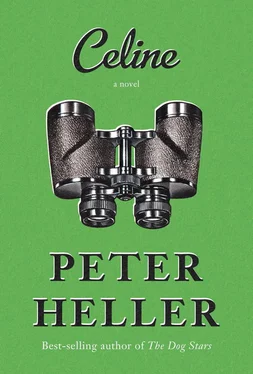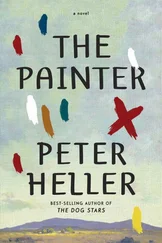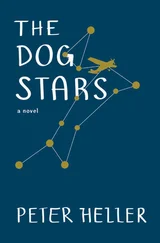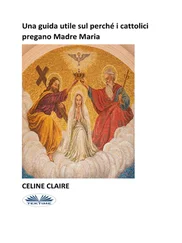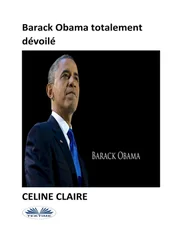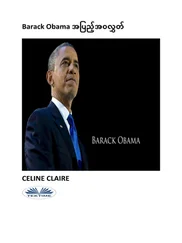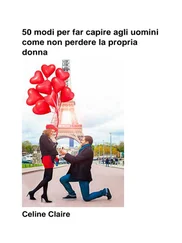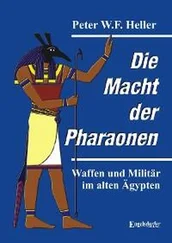Pete’s grin got even bigger. “That’s why you were fumbling with the grinder. When? When did you put a GPS tracker on his truck?”
“When I got up to pee last night. I was very quiet in my moccasins. It’s why I brought them, you know. Not because I needed to have my sheepskin slippers wherever I go. He had no idea. I heard him snoring through the tent the whole time.”
“He snores?”
“Young-man snores. More of a whoosh. They’ll be terrible when he gets older.”
Pete reached his hand across the table and squeezed hers. The joints of her fingers were knotted and knobby with arthritis. “Right,” Pete said. All in a day’s work.
“I put the one on his truck for him to find,” she said. “A man with his training will sweep it once a day.” She turned her hand in his and gave it a squeeze.
“I’ve got a signal. Maybe you can ask the waitress for a password. Shall we start with a general search or do you want to go right to the federal database?”
For an old fart from Maine, Pete was pretty tech savvy. He had linked their laptops and could run their home PC with either one. All their documents were uploaded to the building’s server and could be accessed remotely. They logged on to Dale Earnhardt—what they called their home PC because he was super-fast—and went straight to a database of federal employees, nonmilitary. This was one of the most expensive data collections they bought and once in a while it turned out to be extremely useful. William Tanner came right up. DOB 05/04/1969, Lafayette, LA. Vet tech, USAID. The age was right, thirty-three.
Celine tapped at the jiggly yolk of her egg with a piece of crisp bacon and burst it and scooped up as much of it as she could. Yum. Pete had asked her if she meant to eat breakfast again, which was a silly question. Sometimes she ate eggs and bacon for dinner. Since she’d quit smoking she figured she could do whatever she wanted on the gastronomic front. She said, “What the heck is a vet tech, do you think? And for USAID?”
“I know exactly what it is,” Pete said. “What it might be. Do you remember that story about swine fever in Haiti? More than a million pigs were euthanized.”
“Ahh.”
“The U.S. Department of Agriculture has what are essentially sniper teams that can hunt and quickly dispatch wild animals, too. Say if a case of brucellosis were to start spreading in a deer population.”
“I see.”
“So sometimes these guys are sent to other countries to help them with their eradication programs. Then, I guess, they might be under the auspices of USAID. ‘Vet tech’ is a pretty title.”
“He seemed former military to me. He kept calling me ‘ma’am,’ which you know I can’t stand. So he might be a killer, hmm. Of animals. In foreign countries.”
“Or he might be on loan to help poor countries neuter their pets.”
“His ears must be burning.” She nodded toward the door where Mr. Tanner himself appeared carrying a stainless travel mug. The same waitress smiled broadly at him and led him to a table in the middle of the room. Celine noticed that she put her hand on his forearm briefly when she asked if he wanted coffee. “He’s a charmer,” she murmured. “Without even trying.”
“What?” Pa said.
“Nothing. How do we check if he really is military—former or current?”
“We don’t have access to that database, but law enforcement does.”
Celine brightened. “So we e-mail Harold! Slide that over, will you please? Wouldn’t young Bill”—she tipped her head toward their tail—“be tickled if he knew what we were doing twenty feet away?”
She happily drank her coffee and composed an e-mail to her former AA sponsee. Celine had quit drinking twenty-five years ago, when Hank was a senior in high school. She had been very active in Alcoholics Anonymous, tapering off in the last two or three years as her own family needed more of her time. One core principle was that one of the best ways to stay sober was to be of service to others, and Celine took it seriously.
Newly sober members came in shaky droves to ask if she would be their sponsor. She had mentored a bunch of sponsees over the years and, remarkably, most of them had succeeded in staying off the sauce, and their loyalty to and love for Celine was always touching to see. In their eyes, she had saved their lives. Hard to imagine anyone else garnering that kind of devotion except maybe a great platoon leader.
Harold was particularly fond of Celine. When he met her he was a homicide detective for the 84th Precinct, Brooklyn, and he was on the ropes—suspended for driving a department car into the East River while on a bender. Right off of Pier Two, when it was the dock for the Columbia Line, the big freighters that brought in the net loads of bananas and shipments of cocaine. He had been on a stakeout. The one lucky turn of the whole night was that neither he nor his partner were in the car when he reached in for his shotgun and hit the lever that knocked the transmission into Drive. He was so drunk that he tried to dive in after the car—maybe to put it in Reverse—but his partner tackled him. That was a time in the NYPD when the Thin Blue Line wasn’t all that thin, and Harold’s captain gave him a choice: get sober for good or get fired and pay for the car, and the two other vehicles he had deliriously reconfigured. The day he came into the church basement on Henry Street, Celine was qualifying—telling her story. She was thoroughly honest, but nobody knew that she was only telling a carefully constructed selection of highlights. She never mentioned having a child as a teenager, but she did talk about getting into investigative work to help reunite broken birth families. Harold perked up when this elegant woman talked about working for a detective agency, about her first cases and the surreptitious drinking that went with them. “Imagine!” she implored. “I was doing, finally, what I’d wanted to do my entire life—detective work! And I was going to drink it into the trash bin. I can’t adequately express the shame that caused me.” Harold actually straightened in his seat, leaned forward. The woman said she had been sober for seven years. If he was going to learn from anyone in this odd outfit, it would be this striking private eye.
Harold was a captain himself now and he ran a section of the racketeering division. What section, for some reason was never discussed. He was overweight and diabetic and one of the most deeply happy men she had ever met. He must be, to generate the kind of infectious gut laugh that came out of him with such ease.
Celine knew how much he owed her—how much he believed he did, because of course the accounting was all his. In fact, according to him, he could never repay her. And so she was extremely sparing in asking for favors. So. Well. They had Wi-Fi but no cell service and given the sensitivity of his job she couldn’t just e-mail him her request. In plain language, that is, and on his government e-mail. She used a Yahoo e-mail address and wrote: “Harold: How is William doing? And his father, Tanner? I met them both long ago, around about May 4, ’69. I would love to meet them again. They were military men, I think, and it affected their bearing for the rest of their lives.”
That would do it. First name, last, DOB, and focus of data search. The code was nothing formal, nothing even that they’d ever agreed on, and certainly not elaborate or hard to decipher. It was more of a game, and not too tough a one, and it was meant simply to keep the lawyers and Internal Affairs people at bay. No one could ever prove that she’d requested information from Harold, or that he’d ever shared any with her, because he always arranged to have her call him at a certain time between random phones.
Читать дальше
